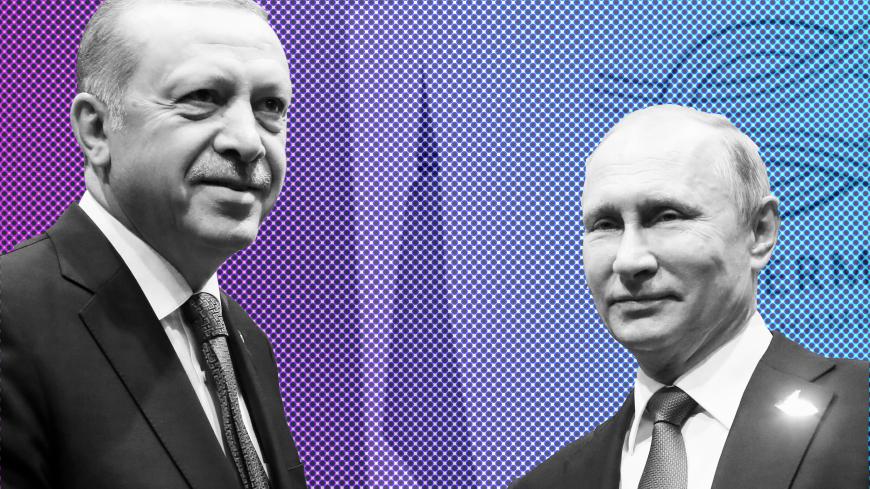Encounters between Russian President Vladimir Putin and Turkish President Recep Tayyip Erdogan tend to leave Middle East watchers pondering the implications of their discussions for the region. The recent meeting in Ankara between the "friends," as they referred to one another at a Sept. 28 press conference, was no different in that respect.
On the surface, the pragmatic meeting wasn’t anything extraordinary; no concrete agreements were announced. The parties reiterated their commitment to de-escalation zones that “help create conditions to end the fratricidal war in Syria.” They also discussed the Iraqi Kurdistan independence referendum, as well as Russian-Turkish trade and energy cooperation. The confidential character of the negotiations in parallel with a meeting of Russian and Turkish security and military services and the recent statement from Erdogan that Turkey will be deploying its own forces in Idlib all indicate the “Syrian agenda” dominated Putin's visit to Ankara.



